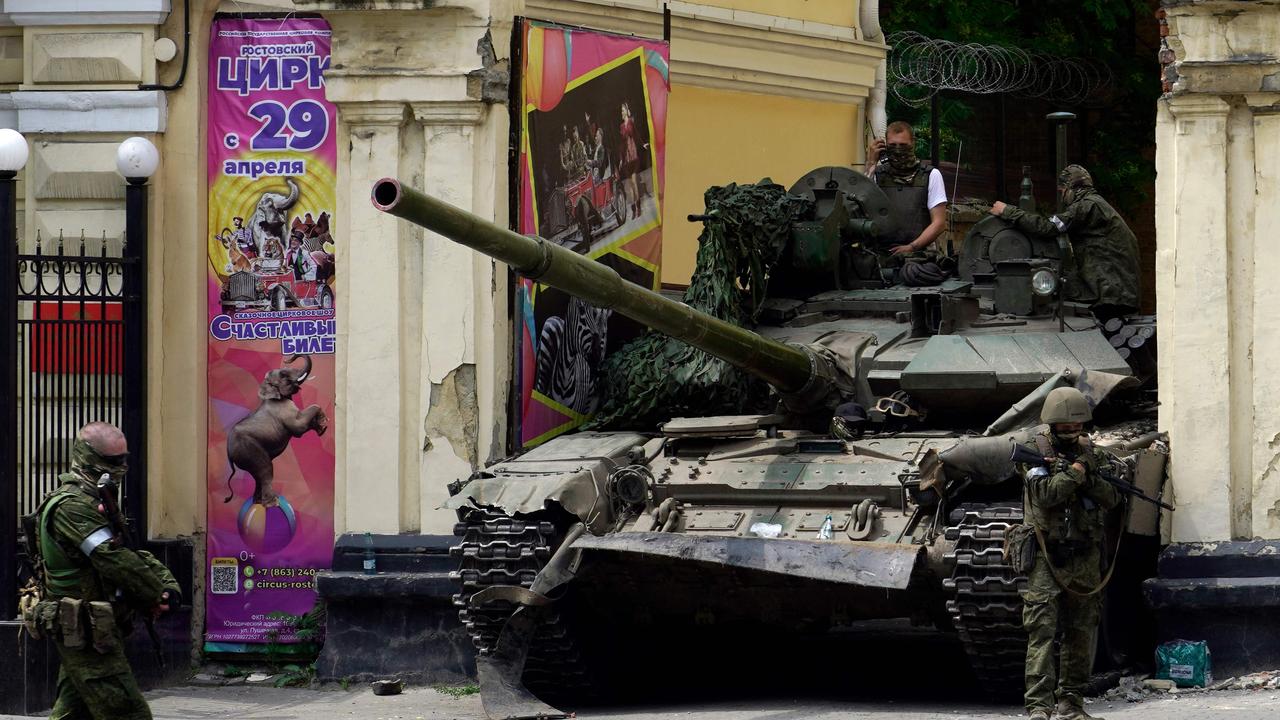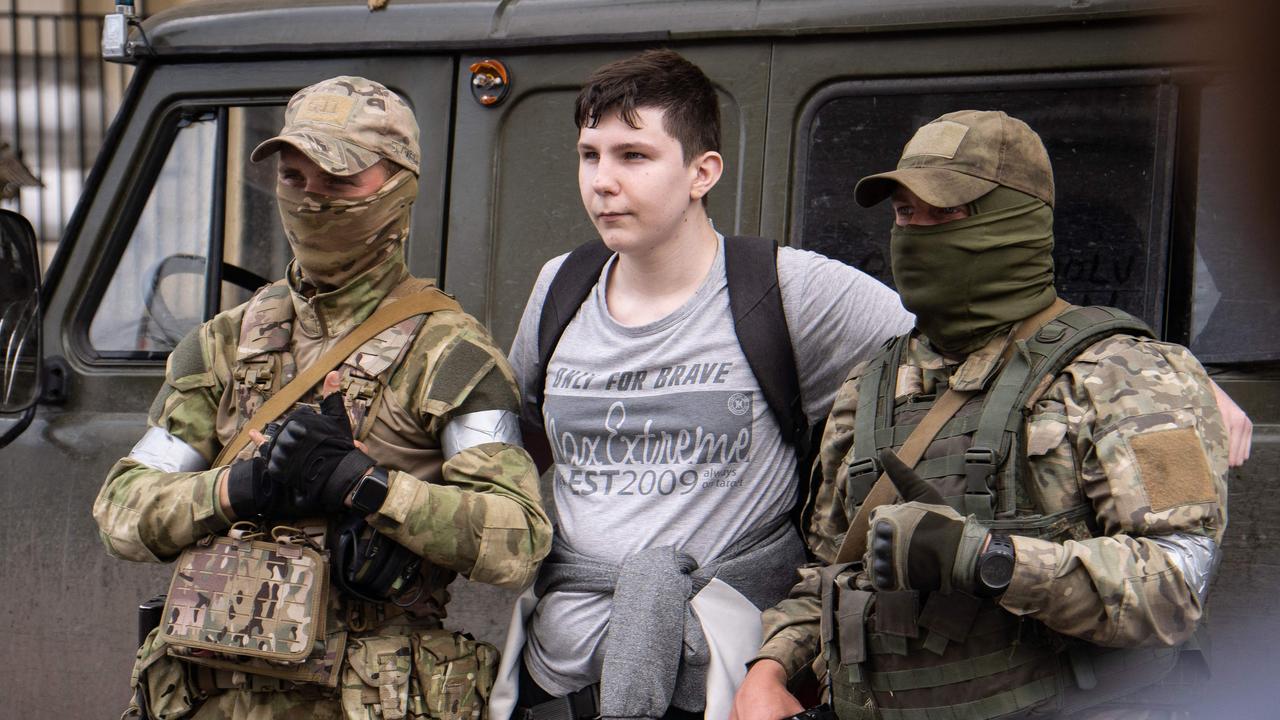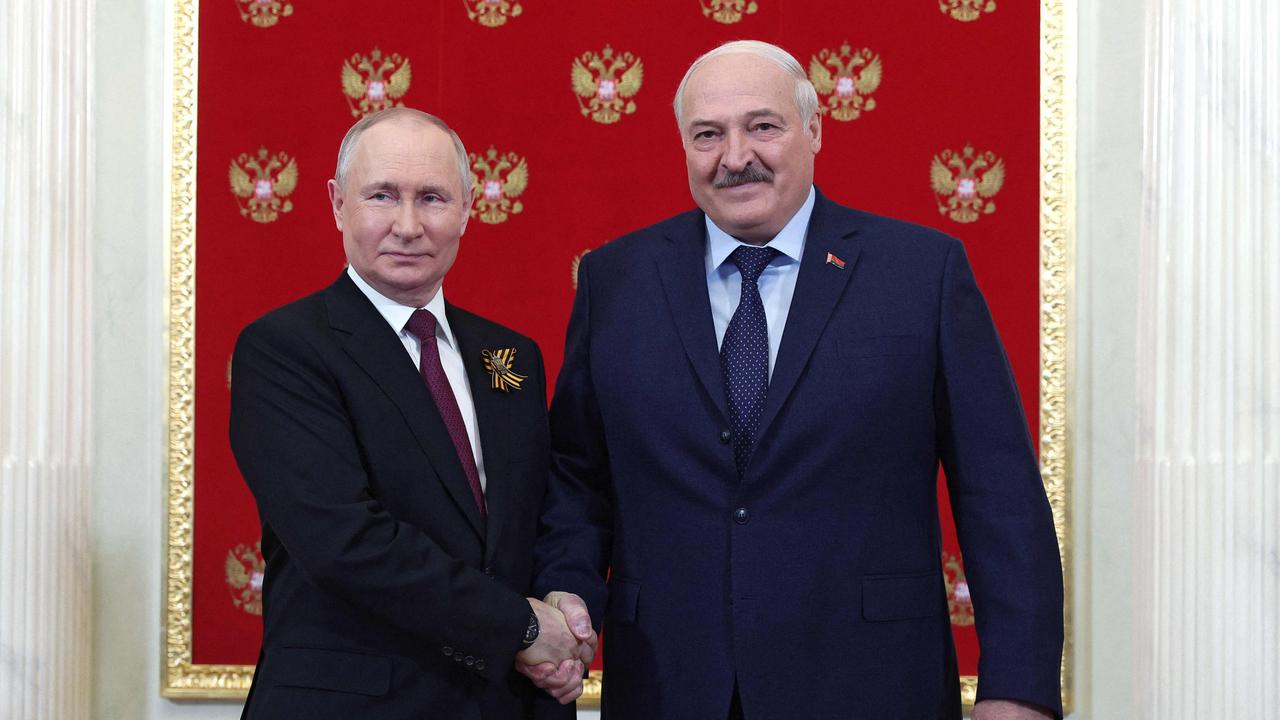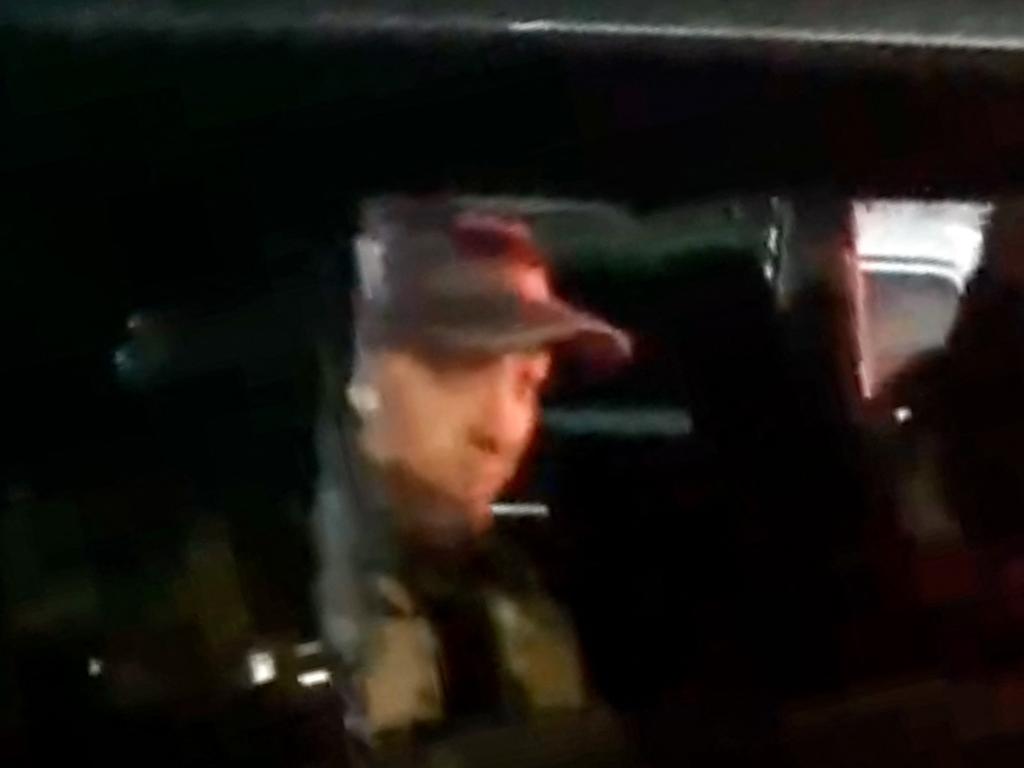Weakness of the Russian state can be traced to Vladimir Putin
With a jolt Russians are recognising that the war against Ukraine cannot stop there. The collapse of communist rule in eastern Europe presaged the break-up of the Soviet Union. Now, three decades on, an incompetently led war on Russia’s borders is accelerating the Balkanisation of the motherland.
For Yevgeny Prigozhin the supposed march on Moscow was not so much a coup attempt against the Putin regime as a tribal reflex of a warlord seeking to prevent his highly paid, high-on-amphetamines fighters from being subsumed into the regular army.
His gamble was that enough senior army commanders, GRU military intelligence officers, Orthodox churchmen and ultra-nationalist politicians would speak out in favour of an autonomous Wagner force and that Putin, Prigozhin’s protector, would accept as an act of loyal criticism the case for sacking the defence minister and head of the army. As the Wagner vanguard raced through Rostov without opposition, it must have seemed as if the country’s “patriots” were on their side.
Warlords such as the Chechen leader Ramzan Kadyrov, Putin’s National Guard, scattered militias, the organised crime syndicates who have envied Prigozhin’s access to the Kremlin, an increasingly divided GRU - all of them waited with bated breath to see whether Putin would beat down his former caterer.
The climbdown on both sides has reassured nobody. On the contrary, it could turn out to be the start of an accelerating decline in a regime that has run its course.
During the stand-off Putin took a call from President Erdogan of Turkey, who faced off his own coup attempt in 2016. Another account indicates that a senior Chinese official rang the Belarusian leader Aleksandr Lukashenko and discussed a mediation effort.
That could have been a factor in the offer that Putin made to Prigozhin: exile in Minsk, from where he might be able to run his Wagner networks in Africa and the Middle East. This would mute his public criticism and keep his main income flowing. There are plenty of outstanding questions about Putin’s hands-off approach. Will the logistics of the Wagner group still be run with GRU assistance? Will Wagner be able to recruit in Russia?
Prigozhin will see it as a partial victory if he can get his men out of Ukraine and deployed abroad, where the real profits are. But the official pardon from Putin shouldn’t make it any easier for him to sleep at night. The betting is that Putin will indeed accede to Prigozhin’s demands for a reshuffle of the Russian general staff, but only when the over-stressed Prigozhin has been hospitalised in a Minsk clinic.
Putin has no intention of immediately rewarding him for his dangerous stunt but names of possible contenders for the defence ministry and general staff are already circulating. There is then likely to be a deeper purge of senior officers, the like of which has not been seen since Stalin’s day.
The real problem is that Prigozhin’s armed rebellion did not remotely resemble a putsch. A coup d’etat has to take as its starting point the existence of an etat. More than two decades of personalised authoritarian rule has withered the Russian state. When Putin appoints the head of a national guard to protect him from coups, he puts a personal trustee in charge and gets the government to pay the bills, but he hasn’t created an institution, merely another armed player in domestic politics.
The ruling party likewise has become a collection of clans whose loyalty to Putin fluctuates. Kremlinologists talk of the establishment being split into technocrats and “patriots” who will have to hold Russian governance together when Putin goes. But inside these groupings there are any number of factions, all with different ideas about what should be achieved in the war with Ukraine.
Whatever should happen next, one thing is clear: successive steps by Putin have weakened his state, turning it into a brutalised version of a fairground shooting gallery.
The Times




No comments:
Post a Comment